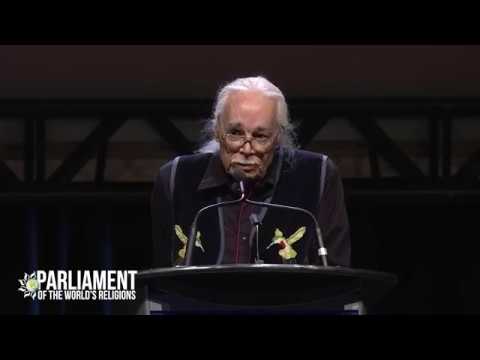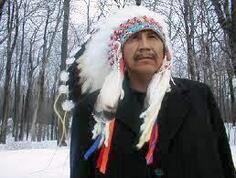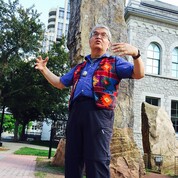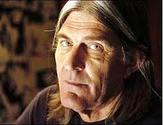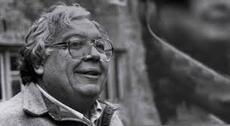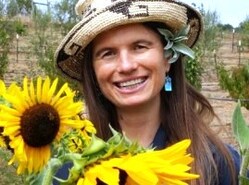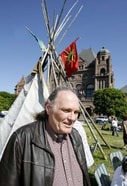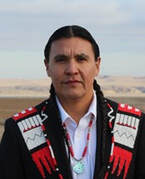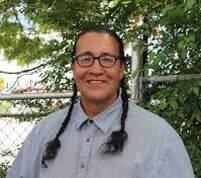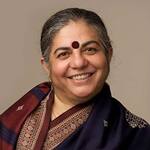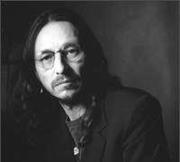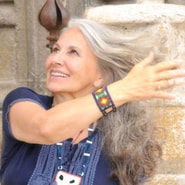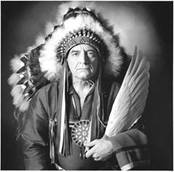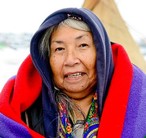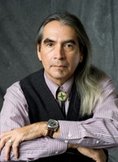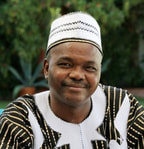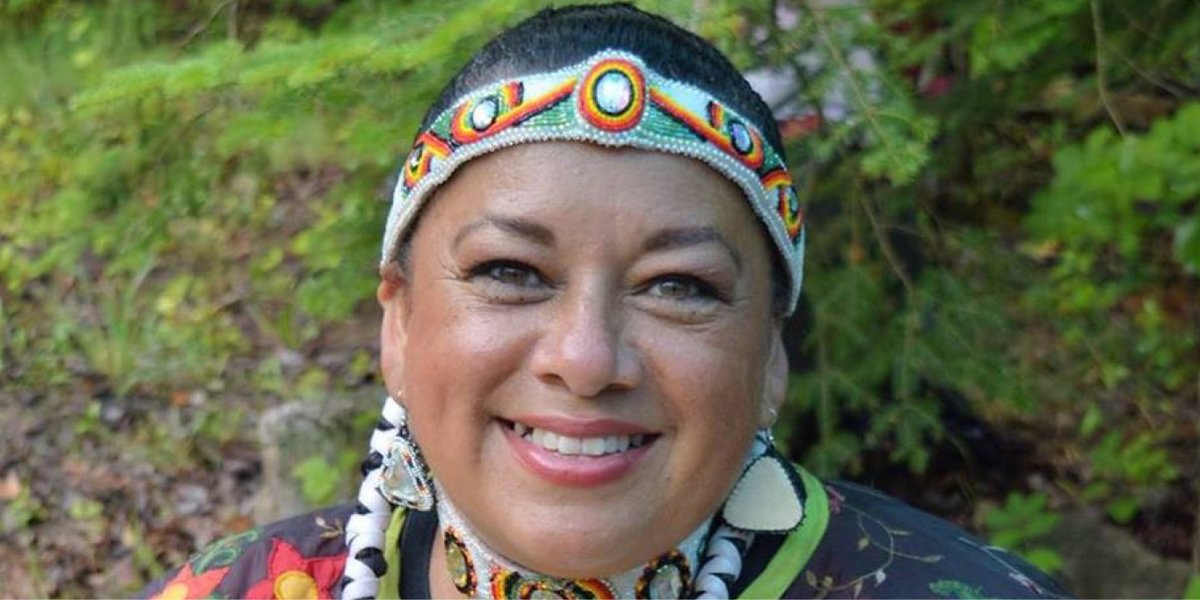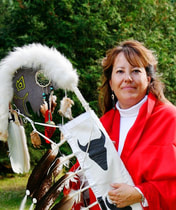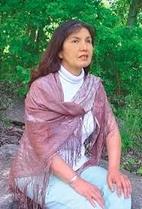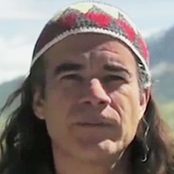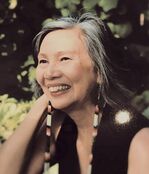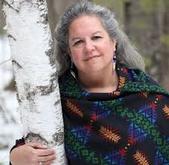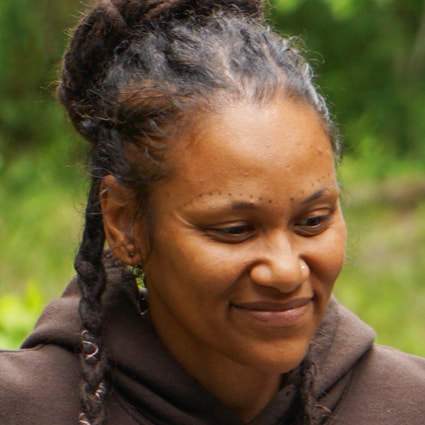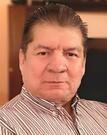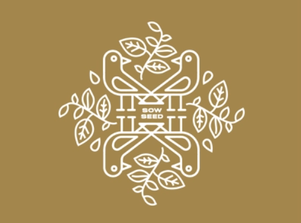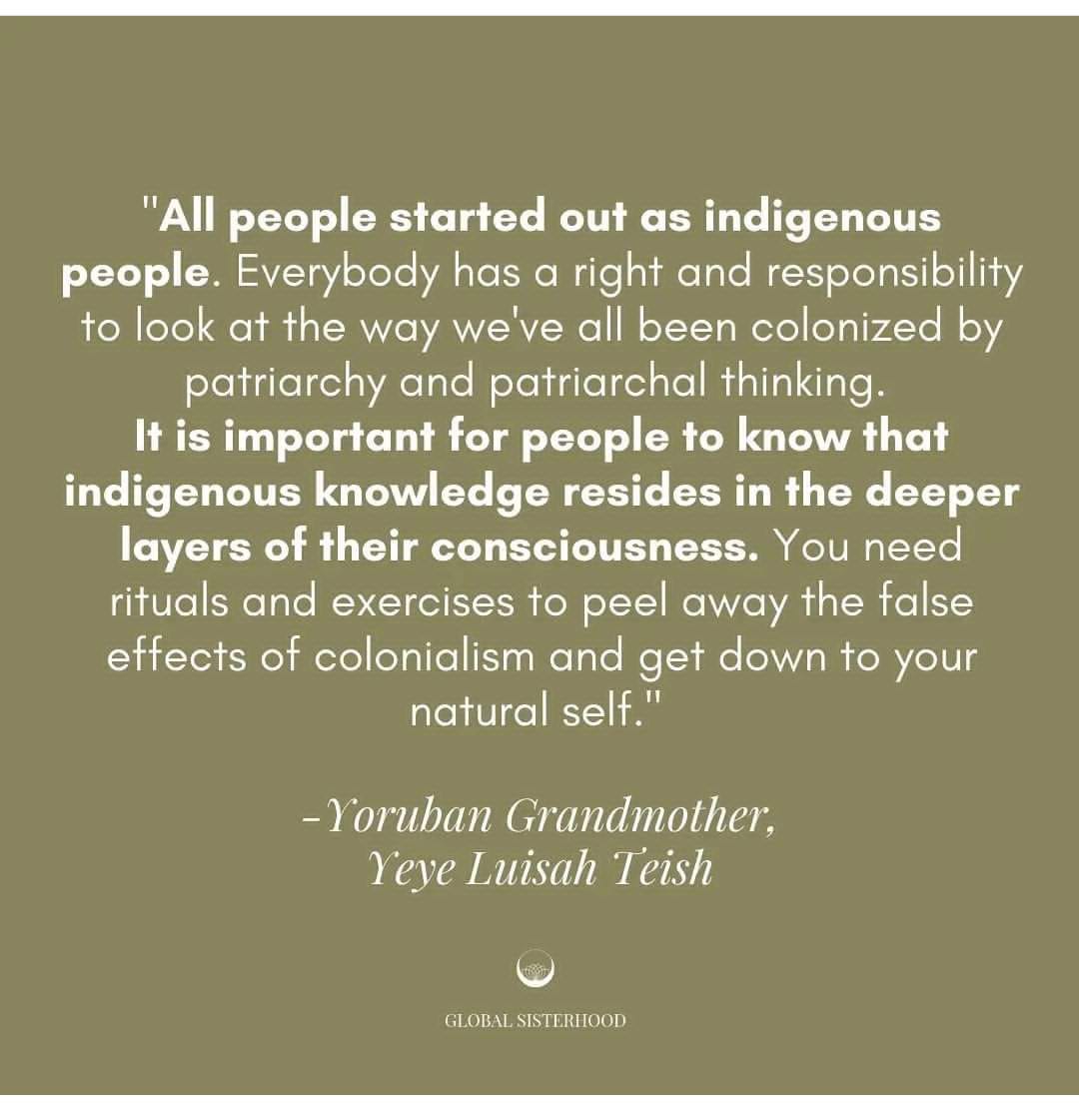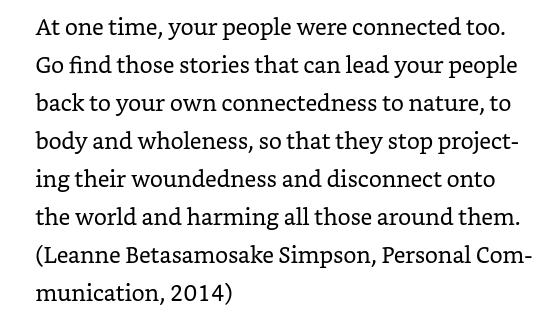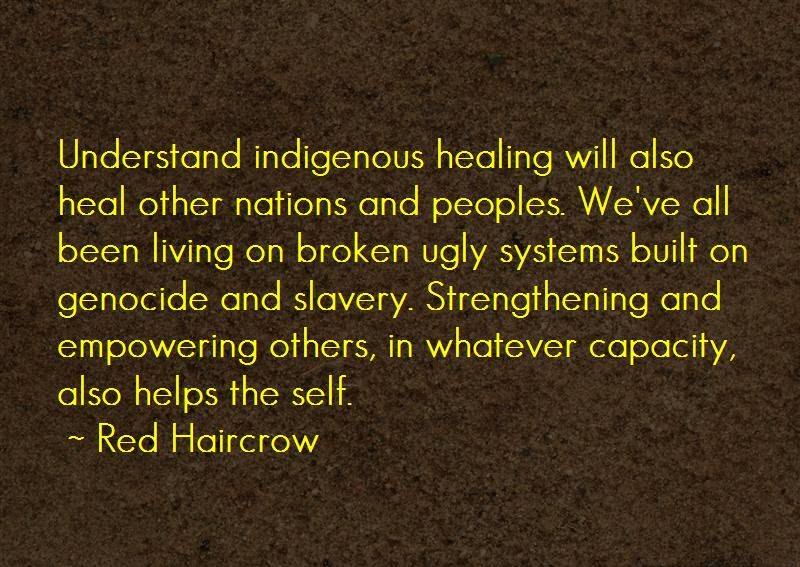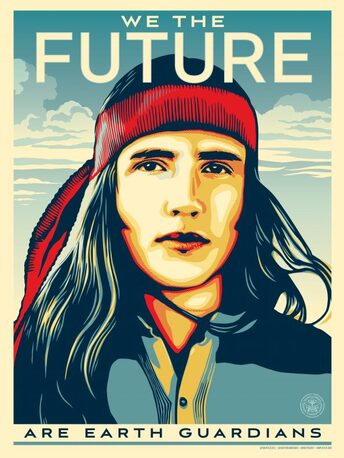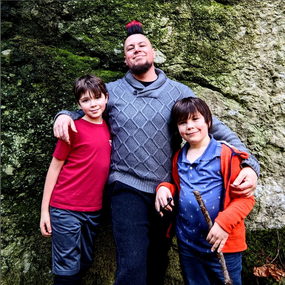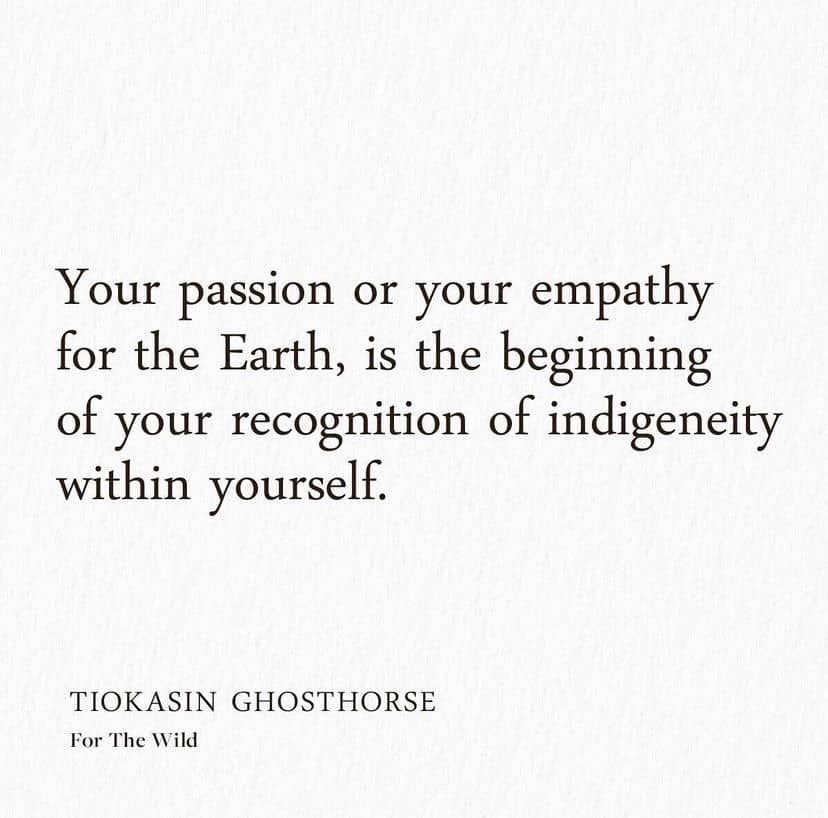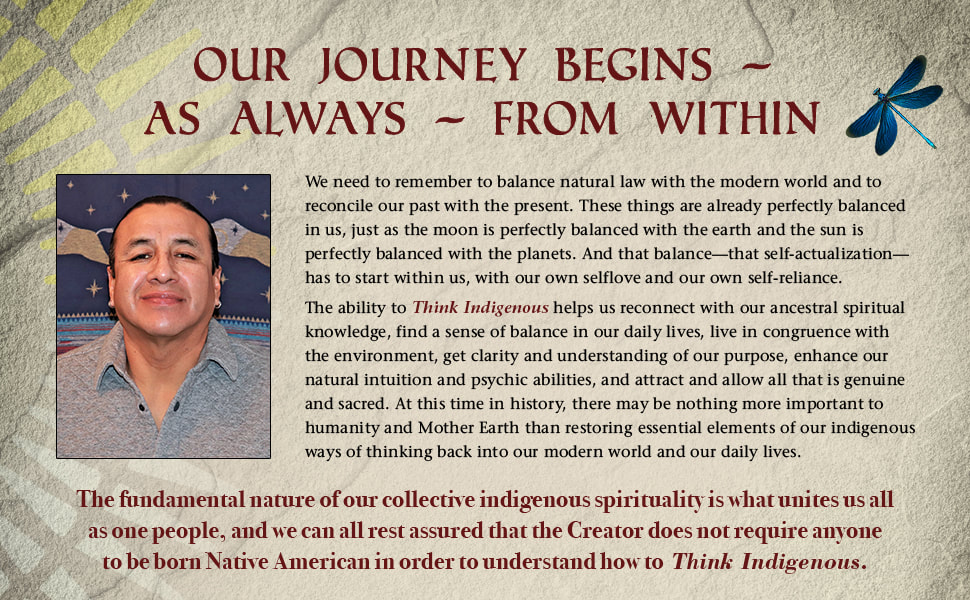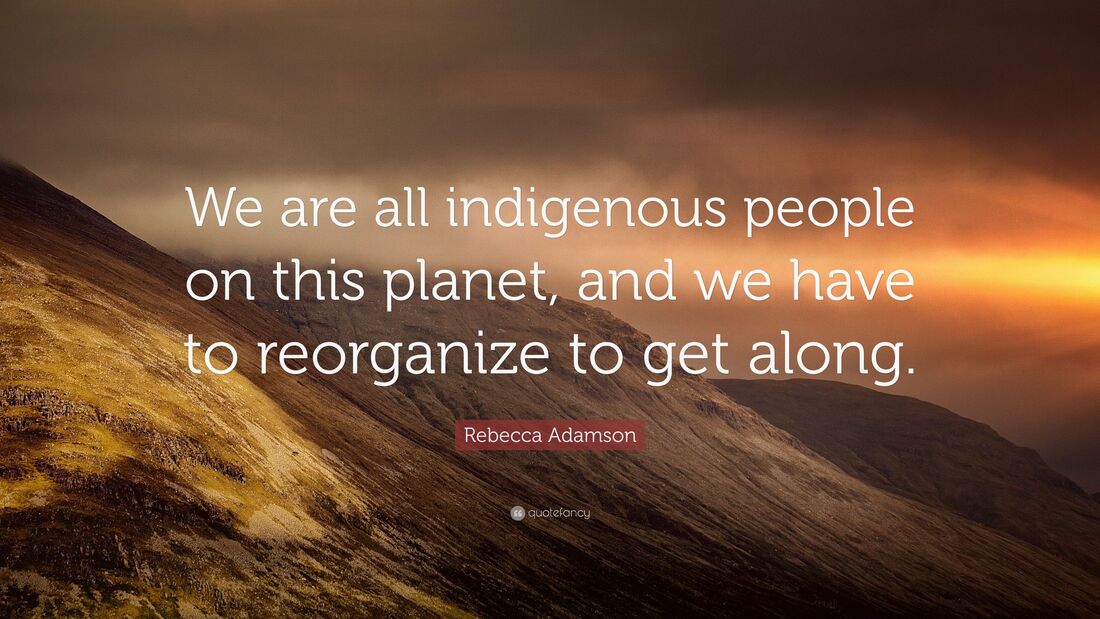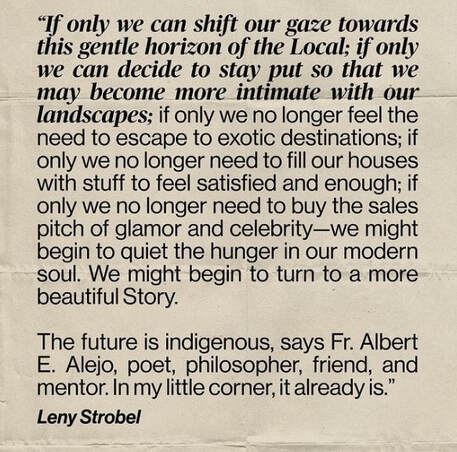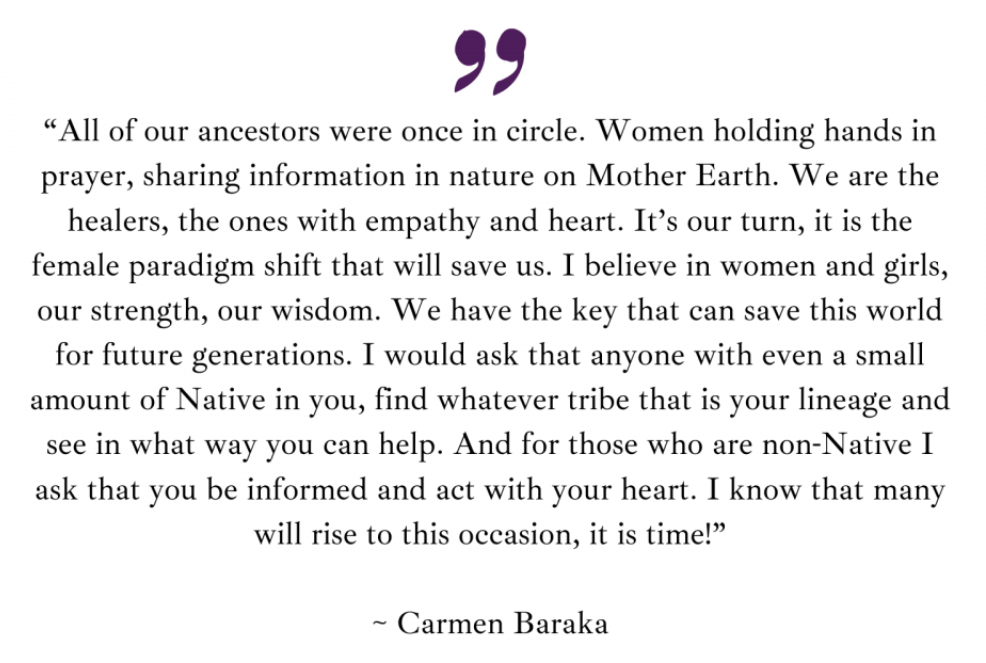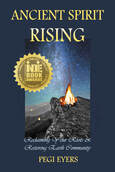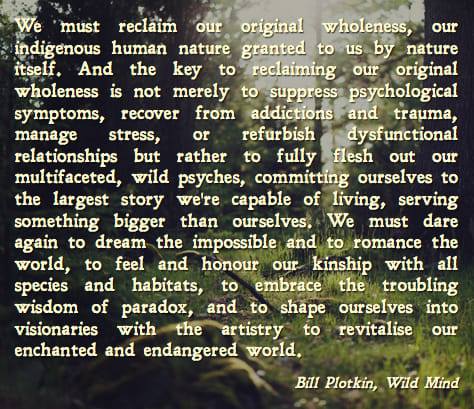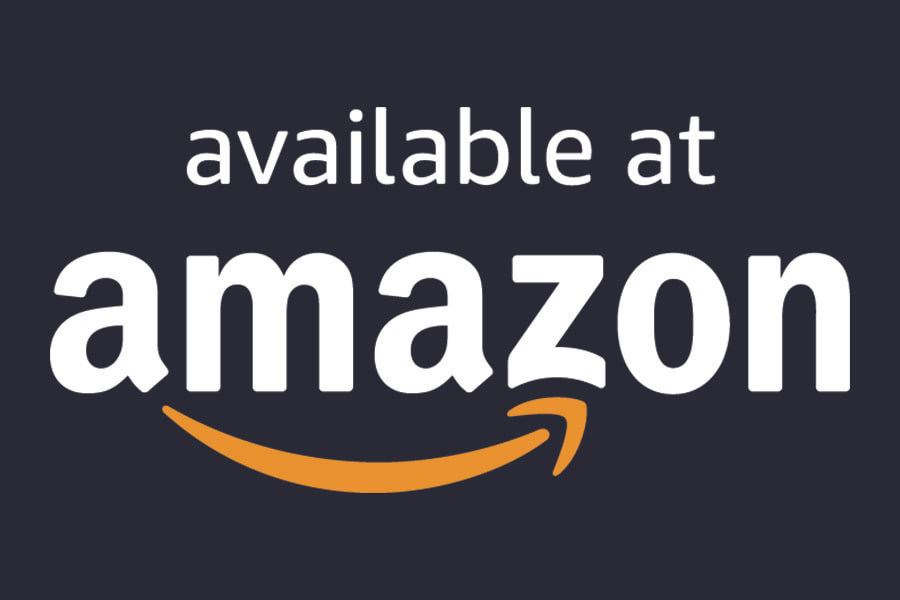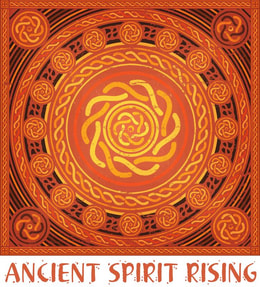"Everyone needs to get back to their
own Indigenous Knowledge (IK)."
Onaubinisay (Walks Above the Ground) / James Dumont
Anishnaabe Elder & Traditional Teacher
5th Degree - Three Fires Midewiwin Lodge
Anishnaabe Elder & Traditional Teacher
5th Degree - Three Fires Midewiwin Lodge
Onaubinisay (Walks Above the Ground) / James Dumont
PEGI EYERS
Every journey has a starting point, and for my book Ancient Spirit Rising: Reclaiming Your Roots & Restoring Earth Community it was the mandate I kept hearing from Indigenous activists, scholars and visionaries all over Turtle Island, that all people need to return to their authentic ancestral knowledge. Highly-esteemed Anishnaabe Elder and traditional teacher James Dumont has been telling us that “everyone needs to get back to their own IK,” and Chief Arvol Looking Horse, Keeper of the Sacred White Buffalo Calf Pipe (Lakota) has proclaimed that “the effort to protect Mother Earth is all of humanity's responsibility, not just aboriginal people. Every human being has Ancestors in their lineage that understood their umbilical cord to the Earth, and to always protect and thank Her. Therefore, all humanity has to re-connect to the Indigenous Roots of their own lineage - to heal their connection and responsibility to Mother Earth.”
Every journey has a starting point, and for my book Ancient Spirit Rising: Reclaiming Your Roots & Restoring Earth Community it was the mandate I kept hearing from Indigenous activists, scholars and visionaries all over Turtle Island, that all people need to return to their authentic ancestral knowledge. Highly-esteemed Anishnaabe Elder and traditional teacher James Dumont has been telling us that “everyone needs to get back to their own IK,” and Chief Arvol Looking Horse, Keeper of the Sacred White Buffalo Calf Pipe (Lakota) has proclaimed that “the effort to protect Mother Earth is all of humanity's responsibility, not just aboriginal people. Every human being has Ancestors in their lineage that understood their umbilical cord to the Earth, and to always protect and thank Her. Therefore, all humanity has to re-connect to the Indigenous Roots of their own lineage - to heal their connection and responsibility to Mother Earth.”
Simon Brascoupe (Algonquin/Mohawk) vividly reinforces our thriving cultural recovery movement when he says that “the world will have to change its basic value system to save the planet. This is not to say that westerners should become like aboriginal people. But Western society needs to learn from indigenous people about respecting and living harmoniously with Mother Earth, and return to their own religious and spiritual teachings, their own ancient systems of knowledge, and their customs and practices that respect Mother Earth.”
Turtle Island First Nations continue to speak out on on the need for all peoples to become grounded in heritage and place. As members of Earth Community, it is the birthright of the entire human family to be indigenous to the Earth, to appreciate and love the natural world, and to find our “indigenous place within.” (Planet IndigenUS) By returning to our earth-rooted belief systems, and “reintegrating ourselves with our indigenous selves, we simultaneously reintegrate ourselves with the rest of humanity.” (Ward Churchill) In addition to localization, re-landing and reinhabitation of place, the re-centering of First Nations values is a movement that needs to happen in every society worldwide, as it is “about re-indigenizing the peoples of the planet to the planet.” (John Mohawk - Seneca)
The ancient and new idea of fusing our ethnoautobiography with the natural places we call home to define our nativization is addressed by Melissa K. Nelson (Anishinaabe/Métis/Norwegian). “We come from our DNA, our ancestors and our descendants – the strands of spiralling heritage that give us our roots and the threads to the future. Revitalizing indigenity means reclaiming the personal and ecological watersheds we come from, as part of our eco-cultural identity.” With a passion for the Earth as our common ground anything is possible, and as Robert Lovelace (Tslagi/Algonquin) suggests, being indigenous to place is achieved “when the human and ecosystem activity support and enhance one another.”
Many highly-regarded First Nations thought leaders and visionaries engaged in decolonization work apply the term “re-indigenization” to all those currently living on Turtle Island, but non-natives must avoid “indigenous” as an identity marker, reaching instead to our own ancestral traditions for authentic terms to self-identify such as Scots Gaelic, Ásatrú, Hellenismos or Romuva (for example). The term "Indigenous" is highly political, is clearly defined in UNDRIPS/UN Declaration on the Rights of Indigenous Peoples, and belongs to the original First Nations of Turtle Island. As a clarification, it is helpful to think of "indigenous" as a verb, not a noun!
Recovering our specific ethnic or culturally-based indigenity is key, as suggested by Zainab Amadahy. “If the aim of decolonization is to rid ourselves of colonial mindsets why not centralize our own wisdom traditions when they enable us to think and act in ways that support our communities, including Mother Earth, Our Relations and the Great Spirit?”
"Everyone is Indigenous. All descend from the sacred waters, the land, and the cosmos. Everyone has been subjected to the same forces of separation, abstraction, and division. Spirit separated from mind, heart from intellect, being separated from relationship with food sources, from relations with the waters, the star nations, and from covenants with the sacred sites. All anyone has to do is go back far enough, and there is a time when you were connected to the sacred." Chase Iron Eyes (Oglala Sioux)
“As we move from an egocentric, colonialist ideology back toward Indigenous ancestral knowledge that is ecocentric, and move through that transition, we all recognize and forgive our part in the equation, and actively work toward embracing our humanity, reaching out to each other and recognizing that we are all part of the same tribe - humankind.” Michael Alcazar
(Indigenous permaculturalist, veteran, artist, designer, builder, outdoor experiential facilitator, movement fundamental specialist and educator)
Recovering our specific ethnic or culturally-based indigenity is key, as suggested by Zainab Amadahy. “If the aim of decolonization is to rid ourselves of colonial mindsets why not centralize our own wisdom traditions when they enable us to think and act in ways that support our communities, including Mother Earth, Our Relations and the Great Spirit?”
"Everyone is Indigenous. All descend from the sacred waters, the land, and the cosmos. Everyone has been subjected to the same forces of separation, abstraction, and division. Spirit separated from mind, heart from intellect, being separated from relationship with food sources, from relations with the waters, the star nations, and from covenants with the sacred sites. All anyone has to do is go back far enough, and there is a time when you were connected to the sacred." Chase Iron Eyes (Oglala Sioux)
“As we move from an egocentric, colonialist ideology back toward Indigenous ancestral knowledge that is ecocentric, and move through that transition, we all recognize and forgive our part in the equation, and actively work toward embracing our humanity, reaching out to each other and recognizing that we are all part of the same tribe - humankind.” Michael Alcazar
(Indigenous permaculturalist, veteran, artist, designer, builder, outdoor experiential facilitator, movement fundamental specialist and educator)
“Compared to indigenous ways of knowing, western knowledge systems contain zero knowledge, as they have completely lost their way in the past 500 years, and do not see the abundance in either people or the natural world. All of us are indigenous members of Earth Community equally - there is no higher placement of a master over another - and it is high time for all of us to become Indigenous again.” Vandana Shiva
“Because we are made up of the earth - our common ground, so to speak - we are all the descendants of tribes. We have genetic memories. Inside of our genetic memories, the power connection exists to our ancestral past. Each and every one of us is a descendant of a tribe.” John Trudell (Santee Dakota)
“Because we are made up of the earth - our common ground, so to speak - we are all the descendants of tribes. We have genetic memories. Inside of our genetic memories, the power connection exists to our ancestral past. Each and every one of us is a descendant of a tribe.” John Trudell (Santee Dakota)
“Underneath our skin we are all indigenous people, but how much we choose to rediscover and revitalize this knowledge in our work and everyday life is a decision that has tremendous bearing on the future of us all. The knowledge of the Americas will begin to rise again, not only through the earth, but through the people of the earth. It will feel as if we are waking from a dream.”
Apela Colorado (Oneida)
“We all sat before the sacred fire of life. We all came from the same blood. We are all members of one human family, and therefore, we are all indigenous to our beloved Mother Earth.” Chief Phil Lane, Jr. (Dakota/Chickasaw)
Apela Colorado (Oneida)
“We all sat before the sacred fire of life. We all came from the same blood. We are all members of one human family, and therefore, we are all indigenous to our beloved Mother Earth.” Chief Phil Lane, Jr. (Dakota/Chickasaw)
“The task for Settlers is to realize they have Settler mind and not replicate Settler-Colonialism. Settlers need to heal from what happened to their culture. With the fallacy of the melting pot, they were made to feel ashamed of their own culture(s), and were forced to become “American” or “Canadian.” However, Settlers are now required to stand in their full spirit.”
Faith Spotted Eagle (Yankton Sioux)
“Reconciliation with one's own Ancestors can lead to a very clear knowledge of what to do in order to bring about the sacrealization of one's own environment, so that the environment can become nurturing to the self.” Malidoma Somé
"The world is changing, and it's time to pay attention - for humankind to find value in our lives as intrinsically related to the other-than-human. Like our Ancestors before us, we may learn something about ourselves, and find insights in our oldest Indigenous traditions. If we demonstrate respectful attentiveness to the world we live in today, it is likely that we will find new techniques, songs, practices, and even ceremonies for our life enhancement."
Daniel R. Wildcat (Muscogee)
"Everything you can possibly need is found within. Don’t dig into another’s wisdom traditions - practice your own roots and belief systems - and commit your life to the Earth." Kim Wheatley (Anishnaabe)
Faith Spotted Eagle (Yankton Sioux)
“Reconciliation with one's own Ancestors can lead to a very clear knowledge of what to do in order to bring about the sacrealization of one's own environment, so that the environment can become nurturing to the self.” Malidoma Somé
"The world is changing, and it's time to pay attention - for humankind to find value in our lives as intrinsically related to the other-than-human. Like our Ancestors before us, we may learn something about ourselves, and find insights in our oldest Indigenous traditions. If we demonstrate respectful attentiveness to the world we live in today, it is likely that we will find new techniques, songs, practices, and even ceremonies for our life enhancement."
Daniel R. Wildcat (Muscogee)
"Everything you can possibly need is found within. Don’t dig into another’s wisdom traditions - practice your own roots and belief systems - and commit your life to the Earth." Kim Wheatley (Anishnaabe)
“Mother Earth is indigenizing all of us – everything we need to know about the future will come from the land - how to live and how to correct our behavior. The land is going to shift our governance and economy, mental and physical health – it is the land that will indigenize us.”
Diane Longboat/Kahontakwas (Mohawk)
“Beyond race, ethnicity or political definitions, Indigeneity can become a social ethic. In this way, the re-indigenized person or community is a perfectly integrated part of nature rather than separate from it. Life practices intent on TEK, and knowledge of the land’s local realities and regenerative capacity, become the guiding force for human occupation.”
Jeannette Armstrong (Syilx Okanagan)
Diane Longboat/Kahontakwas (Mohawk)
“Beyond race, ethnicity or political definitions, Indigeneity can become a social ethic. In this way, the re-indigenized person or community is a perfectly integrated part of nature rather than separate from it. Life practices intent on TEK, and knowledge of the land’s local realities and regenerative capacity, become the guiding force for human occupation.”
Jeannette Armstrong (Syilx Okanagan)
"All humans have the right to return home, and become indigenous to this earth, to become real human beings living their full potential as caretakers of life, to become people with big hearts living in cooperation with each other and with other forms of life." Arkan Lashwala (Peru, Arawaka Ceremonial Center)
"Stepping outside our own cultural and educational framework is exceedingly difficult—difficult, but worthwhile. As we seek to redefine our evolving relationship with nature, the knowledge systems of Indigenous people can provide useful models. But the goal is not to appropriate the values of Indigenous peoples. As an immigrant culture, Americans must start to engage in their own process of becoming indigenous to this place and regain their roles as members of the ecological community. For all of us, becoming Indigenous to a place means living as if your children's future mattered, to take care of the land as if our lives, both material and spiritual, depended on it."
Robin Wall Kimmerer (Potawatomi)
"We all have indigenous roots, and can reclaim an indigenous awareness by re-learning gratitude for our ancestors, our homelands, and our presence on the land. The colonized self is only a fragment of our full beauty, freedom and well-being, and by slowing down we are able to learn new lessons, and grow relationships with local ecosystems and all beings in Earth Community. 'Indigenous' is not a self-identifier, but a renewed awareness in our genealogy, our bonds to the land, and the larger story of our self. Dreams, mythic stories, and cultivating community are all ways to heal the disconnect from our own ancestral roots, and the natural world."
Leny Stobel (Kapampangan / Filipino American)
"All of our ancestors, throughout time, have been in a deep relationship with Mother Earth." Carolynne Crawley (Mi'kmaw)
"Stepping outside our own cultural and educational framework is exceedingly difficult—difficult, but worthwhile. As we seek to redefine our evolving relationship with nature, the knowledge systems of Indigenous people can provide useful models. But the goal is not to appropriate the values of Indigenous peoples. As an immigrant culture, Americans must start to engage in their own process of becoming indigenous to this place and regain their roles as members of the ecological community. For all of us, becoming Indigenous to a place means living as if your children's future mattered, to take care of the land as if our lives, both material and spiritual, depended on it."
Robin Wall Kimmerer (Potawatomi)
"We all have indigenous roots, and can reclaim an indigenous awareness by re-learning gratitude for our ancestors, our homelands, and our presence on the land. The colonized self is only a fragment of our full beauty, freedom and well-being, and by slowing down we are able to learn new lessons, and grow relationships with local ecosystems and all beings in Earth Community. 'Indigenous' is not a self-identifier, but a renewed awareness in our genealogy, our bonds to the land, and the larger story of our self. Dreams, mythic stories, and cultivating community are all ways to heal the disconnect from our own ancestral roots, and the natural world."
Leny Stobel (Kapampangan / Filipino American)
"All of our ancestors, throughout time, have been in a deep relationship with Mother Earth." Carolynne Crawley (Mi'kmaw)
Additional declarations by First Nations leaders on the mandate to recover authentic ancestral traditions for all people.
“Ordinary people have to have their sense of moral injustice ignited. They have to come to understand that they are being called upon to care about what happens to the peoples and living things of this world. That’s a huge job, but that’s the spiritual call of the re-indigenization of the world.”
John Mohawk (Seneca)
"You white people need to find your own traditions. They're out there. You don't need ours." Vine Deloria Jr. (Lakota)
"Whether we are Indigenous or newcomer, today our tipis are held down by the same peg. Neither is going anywhere. The knowledge and the will needed to protect and save these places no longer belongs to one people or one tradition."
Cynthia Chambers and Narcisse Blood (Blackfoot/Siksikáítapiiksi), "Love Thy Neighbour: Repatriating Precarious Blackfoot Sites" International Journal of Canadian Studies 2009 and Towards a Prairie Atonement by Trevor Herriott
“A great many native people have a long-standing relationship with the natural world. But that relationship is equally available to non-natives, should they choose to embrace it.” Thomas King (Cherokee)
“You don’t need to come here and figure out how to help me, we have our own ancient systems of care. What you need to do, is instead of looking at me, look at yourself. Learn where you come from, learn your languages and ceremonies, learn the old names of places from your own ancestral lands. The only way to help me, is by learning your own history.”
Robyn Watt's Ojibway Mentor "Enter the Otherworld: Dùthchas"
Course module - Relationship between Community, Ancestry and Ecology
“Ordinary people have to have their sense of moral injustice ignited. They have to come to understand that they are being called upon to care about what happens to the peoples and living things of this world. That’s a huge job, but that’s the spiritual call of the re-indigenization of the world.”
John Mohawk (Seneca)
"You white people need to find your own traditions. They're out there. You don't need ours." Vine Deloria Jr. (Lakota)
"Whether we are Indigenous or newcomer, today our tipis are held down by the same peg. Neither is going anywhere. The knowledge and the will needed to protect and save these places no longer belongs to one people or one tradition."
Cynthia Chambers and Narcisse Blood (Blackfoot/Siksikáítapiiksi), "Love Thy Neighbour: Repatriating Precarious Blackfoot Sites" International Journal of Canadian Studies 2009 and Towards a Prairie Atonement by Trevor Herriott
“A great many native people have a long-standing relationship with the natural world. But that relationship is equally available to non-natives, should they choose to embrace it.” Thomas King (Cherokee)
“You don’t need to come here and figure out how to help me, we have our own ancient systems of care. What you need to do, is instead of looking at me, look at yourself. Learn where you come from, learn your languages and ceremonies, learn the old names of places from your own ancestral lands. The only way to help me, is by learning your own history.”
Robyn Watt's Ojibway Mentor "Enter the Otherworld: Dùthchas"
Course module - Relationship between Community, Ancestry and Ecology
“Don’t forget who you are and where you come from." |
"Any people who are sincerely trying to reconnect to the old traditions and awareness of their land, and are deeply aware that communication with the land is a two-way
process, can call themselves Indigenous."
Core message offered to those with Irish heritage
in Ireland and the Metis diaspora, from Cree Elders
Lewis Cardinal and Jerry and Jo-Ann Saddleback.
November 2022 >link<
"A seed is the beauty of any and all things, living
according to their true Indigenous nature.”
New Mexico healer, artist and storyteller Martín Prechtel
Flowering Mountain
"We too are seeds, and the 'true indigenous nature' of our deep
ecology is to live in alignment with the rhythms of the Earth.
Our viability and vitality is dependent upon this, elevating
the body - like that of a seed by Earth-honoring cultures
across continents - to the sacred. Rematriate yourself back
into embodiment and blessing, once again."
Erin Holtz Braeckman
As we ponder the ethical questions of re-landing to place, there are also affirmations being offered by important leaders in the non-native social justice, transformational healing and ancestral arts communities. Here are a sampling of those voices.
“So what makes a people Indigenous? Indigenous people believe they belong to the land, and non-Indigenous people believe the land belongs to them. Can we commit to the land and each other? Let's hope so, because our current civilization is a one-time-only experiment. Once it has failed, we are going to have to re-braid ourselves back into the web of ‘all our relations’ - plant, animal and human. If there are future civilizations, they will be Indigenous.”
Derek Rasmussen
“Each of us has the ability to act powerfully for change. Together we can regain that ancient and sustaining harmony, in which human needs and the needs of our companions on the planet are held in balance with the sacred, self-renewing processes of Earth.” David Suzuki
"The world is in an ecological and spiritual crisis and those of us who are close to our roots are best equipped to effect change and facilitate the healing of Indigenous cultures, the land, the planet, and the heart of humanity."
Griogair Labhruidh
With or without modernity “we are hard-wired to experience everything our ‘deep time’ Ancestors experienced, and our own wildness.” Frances Weller
"The primary reason that white people, especially white Americans, appropriate from marginalized traditions is because they have been stripped of their own. And if we want white Americans to stop doing that, the best remedy is to encourage them to respectfully and carefully learn about, and reclaim their own ancestral traditions." Alley Valkyrie
"After many years I have been able to conclude only one thing about humankind. We are tribal animals. All of our ancestors, no matter what their ethnicity or where they lived, were tribal. Furthermore, I believe that this was no accident. It wasn't a thought-out choice - as I see it, human beings are biologically, psychologically, and sociologically tribal. It's when human beings begin to live outside of the tribal mode of existence that they begin to deteriorate." Kurt Kaltreider, PhD
"As the poet Gary Snyder wrote, 'We must all become Native Americans, whatever our ethnic background, if there’s to be any hope for ecological and cultural vitality on our shared Turtle Island.' Mr. Snyder did not have in mind cultural appropriation; he was talking about the urgent need to change the way that we as humans inhabit this planet." Wade Davis, "The term ‘Indigenous,’ in its current use, might be doing us all a disservice," The Global and Mail, March 25, 2023 >link<
“So what makes a people Indigenous? Indigenous people believe they belong to the land, and non-Indigenous people believe the land belongs to them. Can we commit to the land and each other? Let's hope so, because our current civilization is a one-time-only experiment. Once it has failed, we are going to have to re-braid ourselves back into the web of ‘all our relations’ - plant, animal and human. If there are future civilizations, they will be Indigenous.”
Derek Rasmussen
“Each of us has the ability to act powerfully for change. Together we can regain that ancient and sustaining harmony, in which human needs and the needs of our companions on the planet are held in balance with the sacred, self-renewing processes of Earth.” David Suzuki
"The world is in an ecological and spiritual crisis and those of us who are close to our roots are best equipped to effect change and facilitate the healing of Indigenous cultures, the land, the planet, and the heart of humanity."
Griogair Labhruidh
With or without modernity “we are hard-wired to experience everything our ‘deep time’ Ancestors experienced, and our own wildness.” Frances Weller
"The primary reason that white people, especially white Americans, appropriate from marginalized traditions is because they have been stripped of their own. And if we want white Americans to stop doing that, the best remedy is to encourage them to respectfully and carefully learn about, and reclaim their own ancestral traditions." Alley Valkyrie
"After many years I have been able to conclude only one thing about humankind. We are tribal animals. All of our ancestors, no matter what their ethnicity or where they lived, were tribal. Furthermore, I believe that this was no accident. It wasn't a thought-out choice - as I see it, human beings are biologically, psychologically, and sociologically tribal. It's when human beings begin to live outside of the tribal mode of existence that they begin to deteriorate." Kurt Kaltreider, PhD
"As the poet Gary Snyder wrote, 'We must all become Native Americans, whatever our ethnic background, if there’s to be any hope for ecological and cultural vitality on our shared Turtle Island.' Mr. Snyder did not have in mind cultural appropriation; he was talking about the urgent need to change the way that we as humans inhabit this planet." Wade Davis, "The term ‘Indigenous,’ in its current use, might be doing us all a disservice," The Global and Mail, March 25, 2023 >link<
How did those of us descended from the Settler Society lose our ancestral connections?
In our rush to colonize the Americas, we gave up our bonds to our places of ethnic origin, and our indigenity as connected to those lands. Consciously or not, with the founding of the Americas the sacrifice of our spiritual ecology and ancestral knowledge, and the lack of white ethnic or cultural identity has affected our empowerment and psychological well-being. Not totally secure in our sense of belonging to the “new world,” we accepted the imperialist paradigm and expressions of false nationalism that were imposed upon us. The building of Empire has forced us to become caricatures of ourselves, and we endlessly sift through myriad identities and cultural surrogates while ignoring the treasures and truths in our own authentic ancestral traditions.
The call to reclaim our own Indigenous Knowledge can be reframed by the many exciting new movements in neopaganism, rewilding, primitivism and ethnocultural reconstruction that are happening today, and our cultural recovery is well underway. Yet our process of reindigenization must also mean rejecting Empire and the dictatorship of the western paradigm, with its unsustainable economic system, religious dominance, white supremacy, intersectional oppressions, harmful technology and all the philosophies that are killing the planet. By declaring ourselves as earth-connected peoples again we are reaffirming a return to ourselves, to a respect for all life, to earth-connected culture, to peaceful co-existence and to honoring the Earth in all we think, say and do. What could be more important?
In our rush to colonize the Americas, we gave up our bonds to our places of ethnic origin, and our indigenity as connected to those lands. Consciously or not, with the founding of the Americas the sacrifice of our spiritual ecology and ancestral knowledge, and the lack of white ethnic or cultural identity has affected our empowerment and psychological well-being. Not totally secure in our sense of belonging to the “new world,” we accepted the imperialist paradigm and expressions of false nationalism that were imposed upon us. The building of Empire has forced us to become caricatures of ourselves, and we endlessly sift through myriad identities and cultural surrogates while ignoring the treasures and truths in our own authentic ancestral traditions.
The call to reclaim our own Indigenous Knowledge can be reframed by the many exciting new movements in neopaganism, rewilding, primitivism and ethnocultural reconstruction that are happening today, and our cultural recovery is well underway. Yet our process of reindigenization must also mean rejecting Empire and the dictatorship of the western paradigm, with its unsustainable economic system, religious dominance, white supremacy, intersectional oppressions, harmful technology and all the philosophies that are killing the planet. By declaring ourselves as earth-connected peoples again we are reaffirming a return to ourselves, to a respect for all life, to earth-connected culture, to peaceful co-existence and to honoring the Earth in all we think, say and do. What could be more important?
From "The Colonial Shadow: A Jungian Investigation
of Settler Psychology" by Kira Celeste >LINK<
Xiuhtezcal Roske-Martinez
Until we realize that we are one people, we are all connected, and we all depend on each other and the Earth for the survival of humanity, we will continue down the path of separation and disconnect. We must reconnect with our Indigenous roots because no matter where we are from, or who we are, we are ALL Indigenous to somewhere. An awakening is on the rise!
"We Are All Indigenous to Somewhere"
Until we realize that we are one people, we are all connected, and we all depend on each other and the Earth for the survival of humanity, we will continue down the path of separation and disconnect. We must reconnect with our Indigenous roots because no matter where we are from, or who we are, we are ALL Indigenous to somewhere. An awakening is on the rise!
"We Are All Indigenous to Somewhere"
Jared Qwustenuxun Williams
We are all Indigenous from somewhere.
Some of us are even Indigenous to many places. I can say with experience that visiting somewhere your ancestors lived that you've never been is incredible. I've visited my great great great Grandmother's Castle at Carbisdale and walked the streets of Amsterdam, a place my Dutch ancestors would have frequented. In both cases the surreal feeling of connection to a place I was seeing for the first time was noteworthy.
This makes me think more about this term "white people" and how many white people feel cultureless, disconnected, or even resentful of their ancestry. But, even as someone with Indigenous Ancestry in Canada, I feel for the lost people of colonization. I saw a Tiktok the other day of a wyt dude talking about how he didn't have land, he lived in an apartment that he'd paid exorbitant rent for. Saying that he'd give land back if he could, but his ancestors didn't even colonize well enough for him to have land. Later calling himself a Grunt of the Colonizers.
It made me think how many non Indigenous Canadians were also broken in colonization. How many families were broken as people moved around, each generation disconnecting from their family and their roots, to move somewhere west. Generation after generation breaking apart until people don't even know who they are, where they come from, or what gifts their ancestors gave them. Now, without a holdfast of culture or ancestry people identify as Canadian, American, or just white. Forgetting their ancestral homelands, cultures, languages, and traditions.
This is no accident, people who are individualistic, or in nuclear families, are much easier to put to work in factories or super walmarts. Than people who are community or family centric, who work to support each other. This also makes it easier to replace the old cultures, family values, and concepts of work life balance with new modern versions. Eventually this new culture replaces the old ones so well that people forget their connection to each other and to the land.
But we can get it back, we can find our liniage our traditions, our cultures, and bring them with us. Celebrate our differences and connect with our families and communities in new and old ways that so many desire. Sure some of us will need to combine, or even pick from, our cultural ancestry. But I feel that capitalism and colonization have done not only a great disservice to the Indigenous people of Canada, but the Indigenous people of the world.
We are not all indigenous to where we live, but we are all Indigenous from somewhere. It's time we pull back the curtain that has been pulled over our eyes and reveal that we all come from amazing cultures that did amazing things, before capitalism created colonization and turned the world upside down.
Facebook Post March 20, 2023 >LINK<
#WeAreTheNewAncestors #IndigenousForestPunk #MyExistenceIsResistance
#QuwutsunStrong
Some of us are even Indigenous to many places. I can say with experience that visiting somewhere your ancestors lived that you've never been is incredible. I've visited my great great great Grandmother's Castle at Carbisdale and walked the streets of Amsterdam, a place my Dutch ancestors would have frequented. In both cases the surreal feeling of connection to a place I was seeing for the first time was noteworthy.
This makes me think more about this term "white people" and how many white people feel cultureless, disconnected, or even resentful of their ancestry. But, even as someone with Indigenous Ancestry in Canada, I feel for the lost people of colonization. I saw a Tiktok the other day of a wyt dude talking about how he didn't have land, he lived in an apartment that he'd paid exorbitant rent for. Saying that he'd give land back if he could, but his ancestors didn't even colonize well enough for him to have land. Later calling himself a Grunt of the Colonizers.
It made me think how many non Indigenous Canadians were also broken in colonization. How many families were broken as people moved around, each generation disconnecting from their family and their roots, to move somewhere west. Generation after generation breaking apart until people don't even know who they are, where they come from, or what gifts their ancestors gave them. Now, without a holdfast of culture or ancestry people identify as Canadian, American, or just white. Forgetting their ancestral homelands, cultures, languages, and traditions.
This is no accident, people who are individualistic, or in nuclear families, are much easier to put to work in factories or super walmarts. Than people who are community or family centric, who work to support each other. This also makes it easier to replace the old cultures, family values, and concepts of work life balance with new modern versions. Eventually this new culture replaces the old ones so well that people forget their connection to each other and to the land.
But we can get it back, we can find our liniage our traditions, our cultures, and bring them with us. Celebrate our differences and connect with our families and communities in new and old ways that so many desire. Sure some of us will need to combine, or even pick from, our cultural ancestry. But I feel that capitalism and colonization have done not only a great disservice to the Indigenous people of Canada, but the Indigenous people of the world.
We are not all indigenous to where we live, but we are all Indigenous from somewhere. It's time we pull back the curtain that has been pulled over our eyes and reveal that we all come from amazing cultures that did amazing things, before capitalism created colonization and turned the world upside down.
Facebook Post March 20, 2023 >LINK<
#WeAreTheNewAncestors #IndigenousForestPunk #MyExistenceIsResistance
#QuwutsunStrong
Dear white woman who wants to be like me - do you? Or can you be like you? And reconnect to your own sacred medicines? Your own beautiful ancestry? Your own power, presence and brilliance? I see you wanting to. I see you aspiring to. I see you reconnecting. Can you be like you? As I reclaim and remember me. And then, we can finally walk in right relation to each other. Asha Frost/Nenaandawi Nagweyaab Kwe (Anishnaabe)
Think Indigenous: Native America Spirituality for a Modern World
Doug Good Feather
"The ability to Think Indigenous helps us reconnect with our ancestral spiritual knowledge, find a sense of balance in our daily lives, live in congruence with the environment, get clarity and understanding of our purpose, enhance our natural intuition and psychic abilities, and attract and allow all that is genuine and sacred. At this time in history, there may be nothing more important to humanity and Mother Earth than restoring essential elements of our indigenous ways back into our modern world and our daily lives.
The fundamental nature of our collective indigenous spirituality is what unites us all as one people, and we can all rest assured that the Creator does not require anyone to be born Native American in order to understand how to Think Indigenous.
Doug Good Feather, author of Think Indigenous is a Native American Lakota, born and raised in the traditional Indigenous ways of his elders on the Standing Rock Indian Reservation in South Dakota. He is a direct descendant of Chief Sitting Bull, and is the executive director and spiritual leader of the Lakota Way in Colorado and co-founder of Spirit Horse Nation.
Doug Good Feather
"The ability to Think Indigenous helps us reconnect with our ancestral spiritual knowledge, find a sense of balance in our daily lives, live in congruence with the environment, get clarity and understanding of our purpose, enhance our natural intuition and psychic abilities, and attract and allow all that is genuine and sacred. At this time in history, there may be nothing more important to humanity and Mother Earth than restoring essential elements of our indigenous ways back into our modern world and our daily lives.
The fundamental nature of our collective indigenous spirituality is what unites us all as one people, and we can all rest assured that the Creator does not require anyone to be born Native American in order to understand how to Think Indigenous.
Doug Good Feather, author of Think Indigenous is a Native American Lakota, born and raised in the traditional Indigenous ways of his elders on the Standing Rock Indian Reservation in South Dakota. He is a direct descendant of Chief Sitting Bull, and is the executive director and spiritual leader of the Lakota Way in Colorado and co-founder of Spirit Horse Nation.
Carmen Baraka 1948-2021 (San Carlos Apache) >link<
| Read more on social justice, ethnocultural recovery, Settler re-landing, rewilding, ancestral connections, sacred land and animism in Ancient Spirit Rising: Reclaiming Your Roots & Restoring Earth Community. www.stonecirclepress.com Available from Amazon >here< |
Sources for Quotes in Order of Appearance ~
- James Dumont (Anishnaabe) “Introductory Remarks,” Elders and Traditional Peoples Gathering, Trent University, Peterborough, ON, February 12-14, 2010
- Chief Arvol Looking Horse (Lakota) Statement in solidarity with the Idle No More movement, Daily Headlines in Indian Country, December 31, 2012 (http://ndnnews.com)
- Simon Brascoupe (Algonquin/Mohawk) “Aboriginal Peoples’ Vision of the Future: Interweaving Traditional Knowledge and New Technologies,” Visions of the Heart: Canadian Aboriginal Issues, David Long and Olive Patricia Dickason (editors), Thomson-Nelson, 1998
- Planet IndigenUS: Celebration of Nations, Harbourfront Centre Toronto, August 2012 (www.harbourfrontcentre.com)
- Ward Churchill, Indians are Us? Between the Lines, 1984
- John Mohawk (Seneca), “Re-Indigenization Defined,” Original Instructions: Indigenous Teachings for a Sustainable Future, edited by Melissa K. Nelson, Bear & Company, 2008
- Melissa K. Nelson (Anishinaabe/Métis/Norwegian), “Revitalizing Indigeneity,” Bioneers Conference 2011, January 26, 2015 (www.bioneers.org) (www.youtube.com)
- Robert Lovelace (Tslagi/Algonquin), The Architecture of a Decolonized Society: Reindigenizing the Self, Community and Environment, presentation, Kawartha World Issues Centre (KWIC), Trent University, Peterborough, ON, January 18, 2013
- Zainab Amadahy, “Why Indigenous and Racialized Struggles will Always be Appendixed by the Left,” Unsettling Settlers: Where We Talk about Unsettling Our Settler Selves, August 1, 2012. (http://unsettlingsettlers.wordpress.com)
- John Mohawk (Seneca) “Re-Indigenization Defined,” Original Instructions: Indigenous Teachings for a Sustainable Future, edited by Melissa K. Nelson, Bear & Company, 2008
- Michael Alcazar, "Indigenous-led Permaculture Movement Brings Resilience And Food Sovereignty to Pine Ridge Reservation," article by Maia Wikler, video by Syd Woodward, www.cometolife.com
- Vandana Shiva, Sacred Seeds, Lecture, KWIC and Trent University, Wenjack Theatre, Peterborough, ON, November 16, 2014.
- John Trudell (Santee Dakota), John Trudell Speaks at Judi Bari Memorial, Martin Luther King Jr. School, Berkeley CA, April 26, 1997
- Chief Phil Lane, Jr. (Dakota/Chickasaw), Global Indigenous Wisdom Summit, The Shift Network, November 18-20, 2014
- Apela Colorado (Oneida) “Indigenous Science,” Edges: New Planetary Patterns, Vol. 4 Number 1, June 1991. Apela Colorado, PhD (Oneida) is Founder and Director of the Worldwide Indigenous Science Network, Lahaina, HI. (www.wisn.org) (http://ancestors-speak.blogspot.ca)
- Faith Spotted Eagle (Yankton Sioux), "Faith Spotted Eagle on the Settler-Colonial Mind-Set," Indian Country Today, January 17, 2017 (https://indiancountrymedianetwork.com/news/native-news/faith-spotted-eagle-settler-colonial-mind-set)
- Michael Bertrand, Talking with the Ancestors ~ Initiation and the Purpose of Life, an Interview with Malidoma Patrice Somé, Race and History, 2000 (www.raceandhistory.com/Science/malidoma.htm)
- Daniel R. Wildcat (Muscogee), Red Alert! Saving the Planet with Indigenous Knowledge, Fulcrum Publishing, 2009
- Kim Wheatley (Anishnaabe), forum, The Parliament of the World's Religions Toronto, 2018
- Diane Longboat (Kahontakwas (Mohawk), "Indigenous Wisdom and Prophecies Are Helping Humanity Shift to New Paradigms," Global Indigenous Wisdom Summit, The Shift Network, November 18-20, 2014.Thomas King (Cherokee)
- Jeannette Armstrong, PhD, (Syilx Okanagan) “Indigenization,” TEDx Okanagan College , October 31, 2011(www.youtube.com/watch?v=jLOfXsFlb18)
- Arkan Lashwala, "Voces de Sabiduría Ancestral," Sacred Fire Foundation, February 13, 2018. (http://bit.ly/2n5whYb)
- Robin Wall Kimmerer, Braiding Sweetgrass: Indigenous Wisdom, Scientific Knowledge, and the Teachings of Plants, Milkweed Editions, 2013
- Leny Stobel (Kapampangan / Filipino American) Centre for Babaylan Studies Webinar, Fall 2018 ~ "Indigenous Reclamation through Ancestral Research" lenystrobel Center for Babaylan Studies
- Carolynne Crawley (Mi'kmaw), Alliance for Ecopsychology & Social Justice, International Panel, June 16, 2021 www.natureandforesttherapy.org/guides/carolyn-crawley
- Derek Rasmussen, “Non-Indigenous Culture: Implications of a Historical Anomaly,” YES! Magazine, July 11, 2013. (www.yesmagazine.org)
- David Suzuki, The Sacred Balance: Rediscovering Our Place in Nature, Greystone Books, 2007
- Gaelic rapper Griogair Labhruidh, "The Celtic Questionnaire," Celtic Life Magazine, August 2019 www.celticlife.com
- Francis Weller, “Five Gates of Grief,” Robert Bly’s Minnesota Men’s Conference, November 4, 2013. (www.youtube.com)
- Alley Valkyrie, "Cultural Appropriation, Nuance, and ‘Day of the Dead,’ " Gods&Radicals, November 17, 2017 (https://godsandradicals.org/2017/11/17/cultural-appropriation-nuance-and-day-of-the-dead)
- Kurt Kaltreider, PhD, American Indian Cultural Heroes and Teaching Tales: Evenings with Chasing Deer, Hay House, 2004
